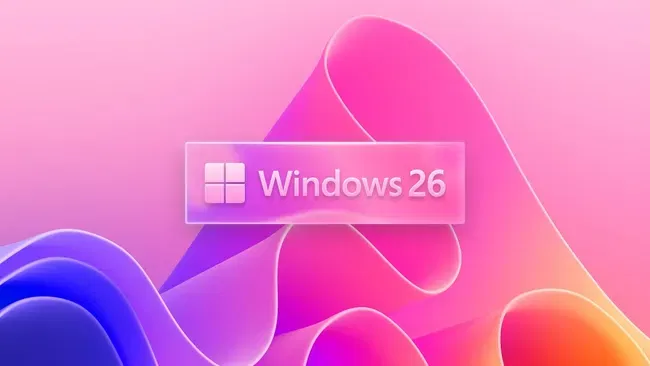Sistema di prova e benchmark
| Sistema di prova | |
|---|---|
| Processore | Intel Core i5-2400 (Sandy Bridge), 32 nm, 3.1 GHz, LGA 1155, 6 MB di cache L3 condivisa, Turbo Boost attivato |
| Scheda madre | Gigabyte GA-Z68X-UD7-B3 |
| Memoria | Kingston Hyper-X 8 GB (2 x 4 GB) DDR3-1333 @ DDR3-1333, 1.5 V |
| Drive di sistema | OCZ Vertex 3 240 GB SATA 6Gb/s |
| Drive testati | Intel SSD 710 200 GB SATA 3Gb/s, Firmware: - |
| Intel SSD 320 300 GB SATA 3Gb/s, Firmware: - | |
| Intel SSD 520 240 GB SATA 6Gb/s, Firmware: - | |
| Toshiba MK4001GRZB 200 GB SAS 6Gb/s, Firmware: - SAS Controller: LSI SAS 9211-8i | |
| Grafica | Palit GeForce GTX 460 1 GB |
| Alimentatore | Seasonic 760 W, 80 PLUS Gold |
| Software di sistema e driver | |
| Sistema operativo | Windows 7 x64 Ultimate |
| DirectX | DirectX 11 |
| Driver | Graphics: Nvidia 270.61 RST: 10.6.0.1002 Virtu: 1.1.101 |
| Benchmark | |
|---|---|
| Iometer 1.1.0 | # Workers = 4, 4 KB Random: LBA= Full Span varying QDs, 128 KB & 2 MB Sequential |
| Test enterprise: Iometer Workloads | Letture | Casuali | Dimensioni trasferimento |
|---|---|---|---|
| Database | 67% | 100% | 8 KB - 100% |
| File server | 80% | 100% | 512 Bytes – 10% 1 KB – 5% 2 KB – 5% 4 KB – 60% 8 KB – 2% 16 KB – 4% 32 KB – 4% 64 KB – 10% |
| Web server | 100% | 100% | 512 Bytes – 22% 1 KB – 15% 2 KB – 8% 4 KB – 23% 8 KB – 15% 16 KB – 2% 32 KB - 6% 64 KB – 7% 128 KB – 1% 512 KB – 1% |
Per testare il drive Toshiba abbiamo usato una scheda PCIe LSI SAS 9211-81 HBA, altrimenti sarebbe stato impossibile provarela durata a lungo termine della NAND SLC. Abbiamo altre schede SAS in laboratorio, ma sono controller RAID con gestione hardware, il che di solito significa il sistema di controllo SMART è disattivato quando si accede al singolo drive. Inoltre Toshiba e altri raccomandano i prodotti LSI per i benchmark, perché rappresentano l'ambiente business più comune.



